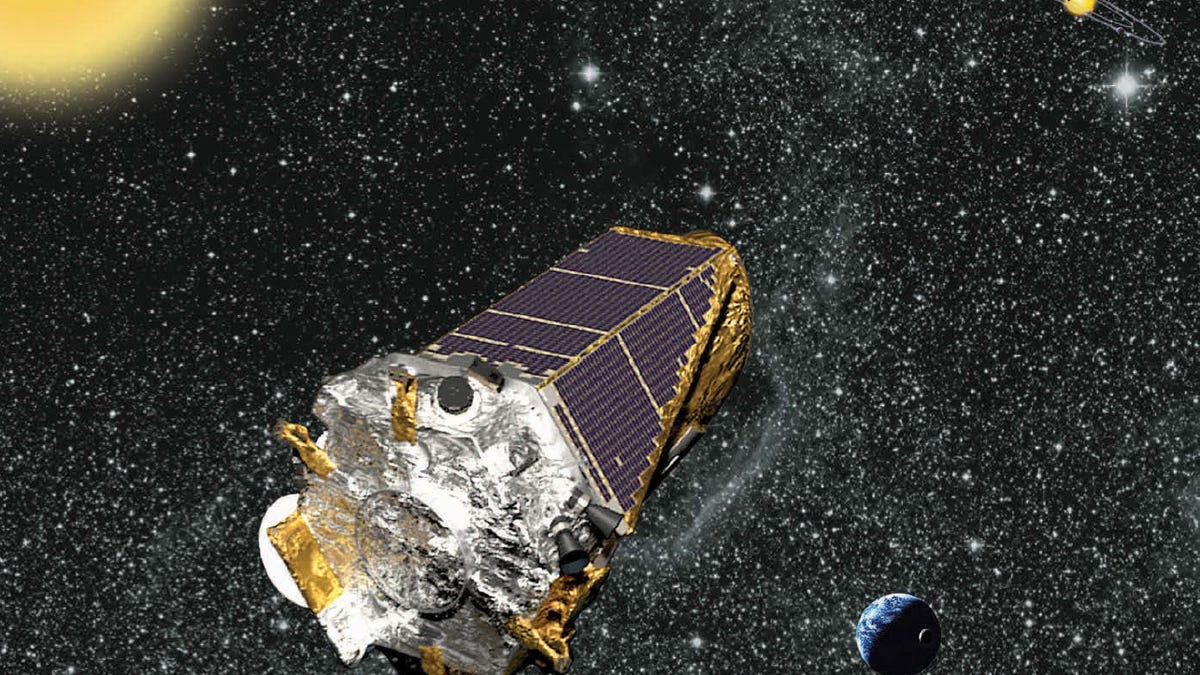Google and NASA to reveal mysterious new space find
The leaders in space and search are teaming up to announce they've found something in the search for other Earths beyond our solar system.

Kepler gets an A.I. boost?
NASA will be hosting a somewhat unusual press conference on Thursday to announce the latest find from its planet-hunting Kepler Space Telescope. Kepler has found many hundreds of planets beyond our solar system over the years, but this week's announcement will be different because Google will be sharing in the science spotlight.
"The discovery was made by researchers using machine learning from Google," reads a release from the space agency, adding that the breakthrough "demonstrates new ways of analyzing Kepler data."
Christopher Shallue, an engineer with Google AI and Google Brain wil be featured during the NASA press conference alongside scientists from NASA, its Kepler team and NASA Sagan Fellow Andrew Vanderburg from the University of Texas.
Exactly what has been discovered won't be revealed until Thursday, but with Kepler there's always a good chance that some new distant planets will be part of the reveal.
What we do know is that Shallue and Vanderburg have been collaborating on an effort that uses machine learning to find new planet candidates in Kepler data (PDF link), which would be deemed inconclusive using more traditional analysis methods.
So perhaps expect to hear something about a new era of planet-hunting assisted by artificial intelligence: That would be my guess for Thursday. We'll just have to wait and see if Google's A.I. is also helping to detect signs of alien life on the numerous worlds beyond our solar system as well.

